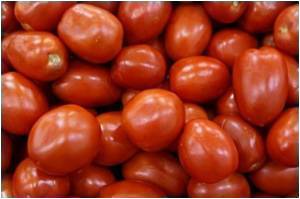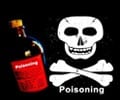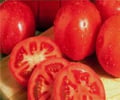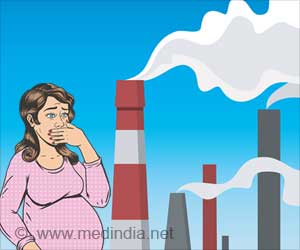In a ghastly case of sabotage, Australia reports poisoning of nearly seven million plants, including 4 million tomato and 2 million capsicum seedlings.

The nursery shared its irrigation system with a hydroponic farm where 16,000 mature tomato plants have also died.
Detective Inspector Dave Miles of Townsville Police says it appears to have been a deliberate act of sabotage.
"At this stage our investigations suggest that poison has been introduced into the irrigation system; we're still trying to ascertain how that's occurred and what the time frames are around that," he said.
"As a result, the plants have received an application of water which has been mixed with the herbicide which has then led to the death of the plants."
Miles added that a dozen detectives were working on the case to determine possible links with three previous poisonings since 2002. But none of the previous incidents has been on this scale.
Advertisement
Colin Gray, the chief executive of the NSW Chamber of Fruit and Vegetable Industries, said the incident was ''out of character'' for the community.
Advertisement
Bowen Gumlu Growers Association president Carl Walker estimates the damage will cost the region dearly. He says it is devastating.
"The economic impact on the local community industry is $23 million plus. That's probably being very kind, I know the mayor's been pushing figures of nearly $50 million out there and he could be right," he said.
"The horticulture industry supports enormously the Whitsunday Shire. Our industry employs around about 3,000 workers during our season and generates around about $120 million in wages annually.
"This deliberate sabotage has affected not just the farmers but all the employees and the people around town in the Whitsunday Shire itself."
He is also predicting flow on effects for the local tourism industry.
"We use an enormous amount of backpackers in the harvesting and when they've finished their working here they'll go and spend lots of money on tours down the Whitsundays - that's going to be affected," he said.
But Mr Walker says vegetable eaters all over the country will also feel the impact.
"I think you'll find there'll be a big spike in the price in September, October," he said.
"The consumers down the line in the cities are now going to paying more money for product that in these tough times they can't afford either."
Denise Kreymborg of the Bowen District Growers' Association was quoted by Sky News Australia as saying that the poisoning affected 350 hectares of production land with the potential to produce about 200 tonnes of fresh produce.
She said said growers will continue harvesting their established crops in the next two months, with prices likely to spike around September when the lost seedlings would have been on the market.
"You can expect prices to double or even triple, we don't know for sure," she said. "There's still going to be tomatoes, capsicum, melons, zucchinis and eggplants grown in this area, just not as much."
Source-Medindia







